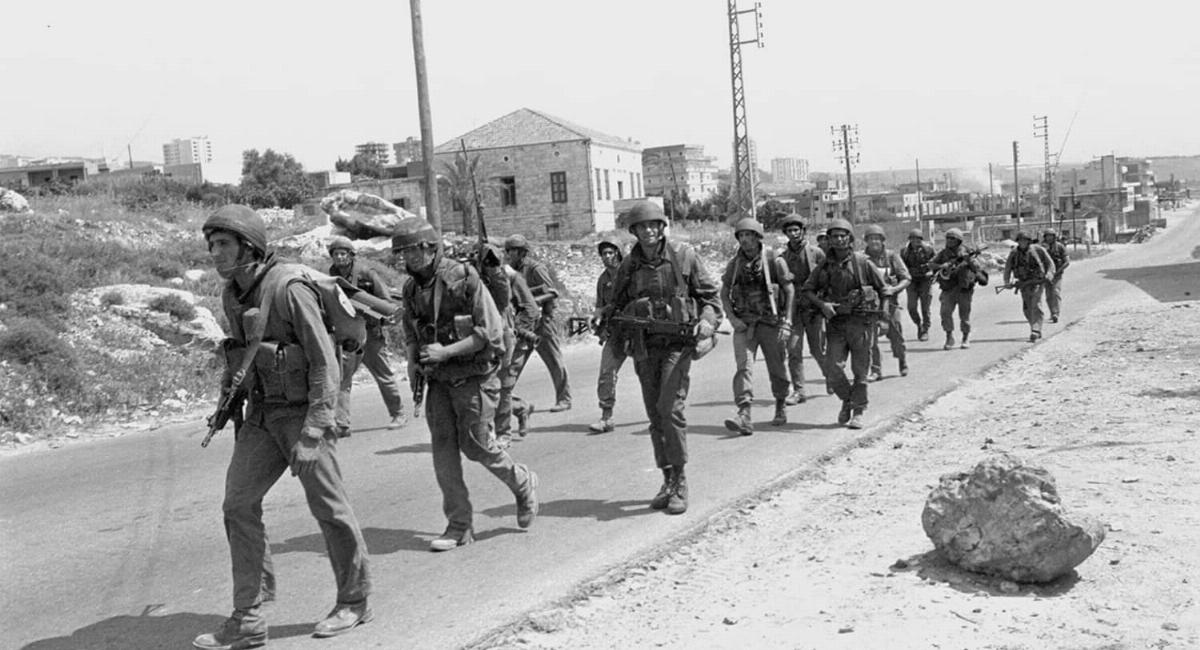
Hezbollah and Israel: The history of conflict
The recent explosion of thousands of hand-held pagers belonging to Hezbollah operatives on September 17, 2024, marks the latest escalation in the long-running conflict between Hezbollah and Israel. The blast, which resulted in the deaths of 11 people, including three civilians, and injured around 2,750 more, is part of a larger, decades-long conflict rooted in political, military, and territorial disputes between the two sides.
The origins of this conflict date back to Israel's invasion of Lebanon in June 1982, during the country's civil war. Israel's military intervention was in response to attacks launched from southern Lebanon by the Palestine Liberation Organization (PLO). Israel occupied parts of Lebanon, including West Beirut, to suppress the PLO and establish a security buffer. Hezbollah, a Shia Muslim group formed with the support of Iran, emerged from this period with the goal of repelling the Israeli occupation.
Throughout the 1980s, Hezbollah engaged in numerous military operations, including the bombing of French and American barracks in Beirut in 1983, which claimed more than 300 lives. The group's military power continued to grow, and by 1985, it had successfully pushed Israeli forces to withdraw to a self-declared "security zone" along the Lebanese-Israeli border.
In the years that followed, the conflict between Hezbollah and Israel intensified. In 1993, Israel launched Operation Accountability, a military campaign aimed at curbing Hezbollah's attacks. A similar offensive took place in 1996, with both sides suffering significant military and civilian casualties. One of the most notable incidents during this period was the Israeli shelling of a United Nations compound in Qana, which resulted in the deaths of 106 civilians.
The tension between Hezbollah and Israel escalated further in 2006 when Hezbollah captured two Israeli soldiers and killed three others, sparking the 34-day July War. The conflict caused significant destruction, with approximately 1,200 Lebanese and 158 Israelis killed. Hezbollah's influence in Lebanon continued to grow, not only as a military force but also as a political entity, gaining seats in the Lebanese parliament.
Hezbollah's involvement in Syria's civil war from 2012, supporting the Damascus regime, added another dimension to the conflict. Although Hezbollah's presence in Syria faced criticism, its supporters argue that it helped prevent the spread of armed groups like ISIS into Lebanon.
In more recent years, the conflict has expanded to include Hezbollah's support for Gaza during its confrontations with Israel. Following Hamas' attack on Israel in October 2023, Hezbollah launched a series of rocket attacks, leading to Israeli retaliatory strikes.
The September 2024 pager explosions, for which Hezbollah holds Israel responsible, represent the latest chapter in this conflict. Hezbollah has promised retaliation, raising concerns about further violence in the region.
Stichworte







